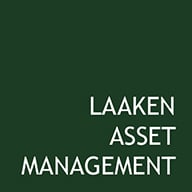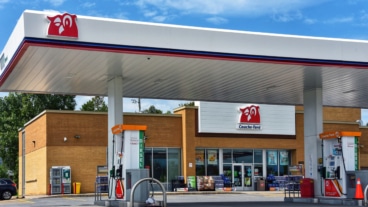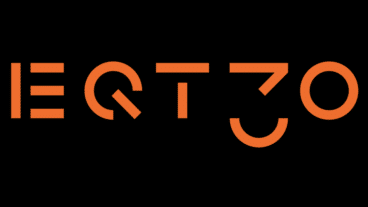We prefer MCK to the competitors due to their focus on pharmaceutical distribution and not on acquisitions. AmerisourceBergen has acquired European distributor Alliance Healthcare in 2021. Their previous major acquisition resulted in a write-off. Cardinal Health has gone through several acquisitions, of which they have overestimated the synergies. In contrast, MCK sold a large part of their European activities in 2021. They also recently divested Lloyds, their UK pharmacy chain. Following these transactions, MCK is primarily a robust pharmaceutical distributor in the United States and Canada.
Valuation
MCK is one of the cheaper stocks in the Laaken portfolios. The stock is trading at 12x this year’s expected earnings. Recently, MCK held their Capital Markets Day in which they shared their long-term strategy and objectives with investors. They expect 6-8% annual revenue growth with an additional 6% growth from capital allocation, which translates into earnings per share growth of 12-14%. Historically, MCK has achieved 7-9% earnings per share. We are comfortable with the higher expectations of management by three percentage points:
- MCK outperformed their guidance in eight of eight recent quarters and seven of twelve recent fiscal years
- The recently divested European segment showed less growth than the rest of the company
- Management remuneration is for a large part based on the total return on the MCK share over a period of three years against a “peer group”
At Laaken, we always consider capital allocation an important topic in the portfolios. Historically, MCK has allocated 60% of their free cash flow to buy back their own shares. Since 2019, the company has repurchased 25% of their outstanding shares. In the long term, MCK expects to return at least 50% of their free cash flow to shareholders. Management is crystal clear that they only invest in projects or acquisitions if they are expected to generate a higher return than buying back MCK’s own shares. MCK’s low capital expenditures provide management with approximately $4 billion in free cash flow. The way this cash flow is redeployed is crucial for minority shareholders like Laaken. MCK distributes this cash flow after investments in the company itself, to a large extent to shareholders in dividends and share buybacks. This can also be expected from the management’s compensation structure. The CEO’s total compensation is 90% dependent on multiple objectives, including return on invested capital (ROIC). This factor ensures that management only makes investments on which it expects high returns.
Risks
In the 1990s, the United States had an “Opioid Epidemic”. Several pharmaceutical manufacturers convinced doctors to prescribe opioid painkillers. Patients would not become addicted according to them. We now know that opioid painkillers are addictive. The US government has held producers, but also distributors liable. This risk has weighed on the company’s valuation for a long time. Over the years, a settlement agreement has been set up and by the end of February 2022, 46 US states have signed it. We expect this progress to lead, slowly but surely, to a re-evaluation of MCK’s solid business model and a reduction in this risk.
ESG
MCK reports their ecological footprint and has targets to reduce it over time. MCK is also the largest distributor of flu vaccines in the United States. In addition, the US Centers for Disease Control and Prevention (CDC) designated them as a centralized distributor of Covid-19 vaccines. They also distribute vaccines to children under the CDC Vaccines for Children program and were also chosen as a distributor of H1N1 (Swine Flu) vaccines in 2010. In addition, during Covid, MCK’s board of directors decided to cut their wages by ten percent for themselves, but also for the entire management team. Finally, MCK donated to food banks in communities that were hit harder by Covid.







